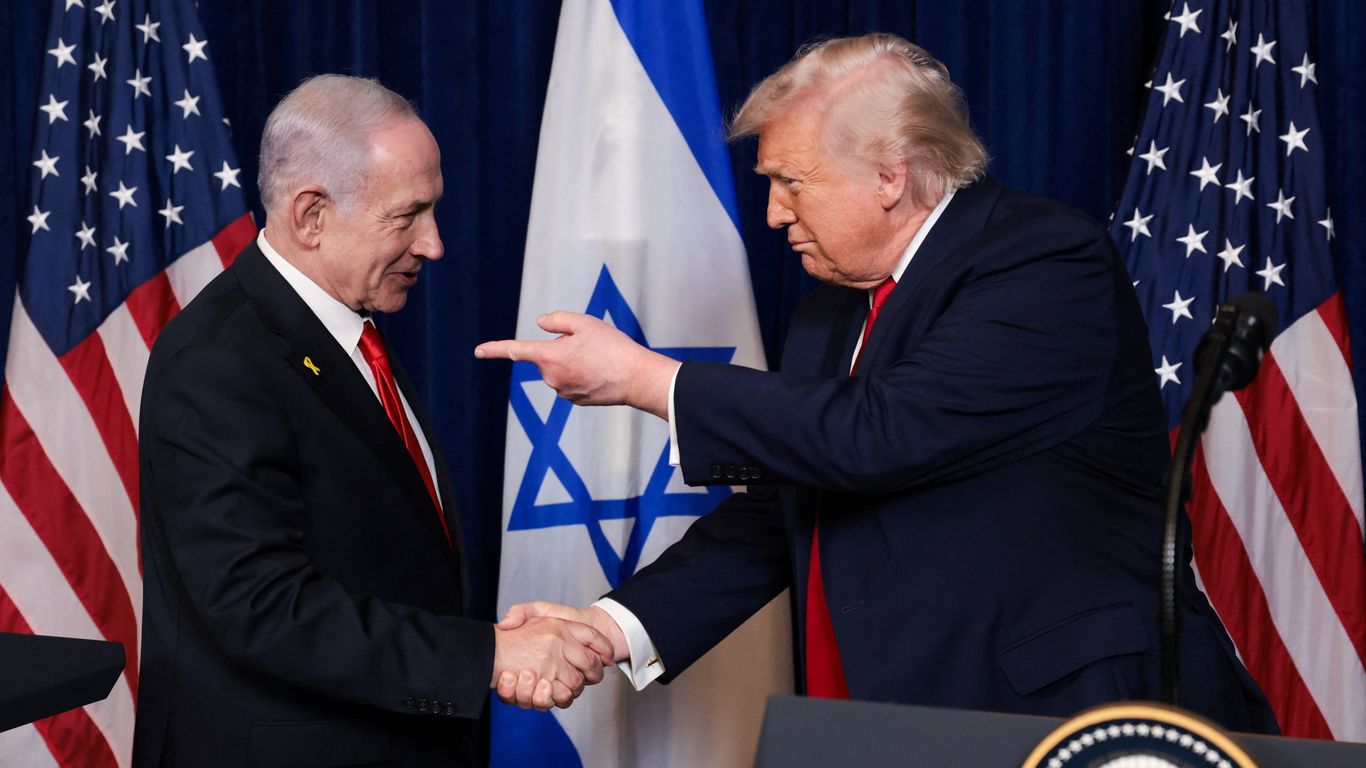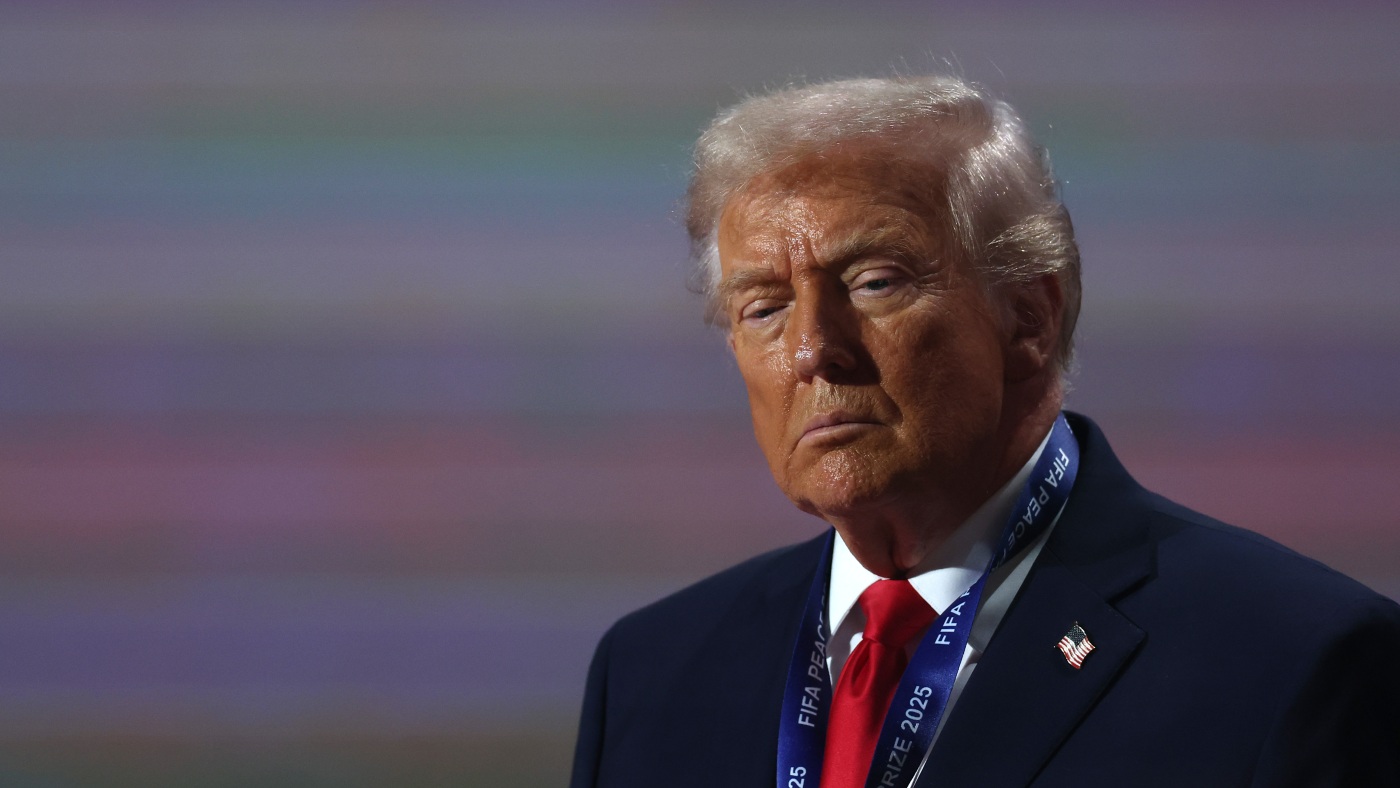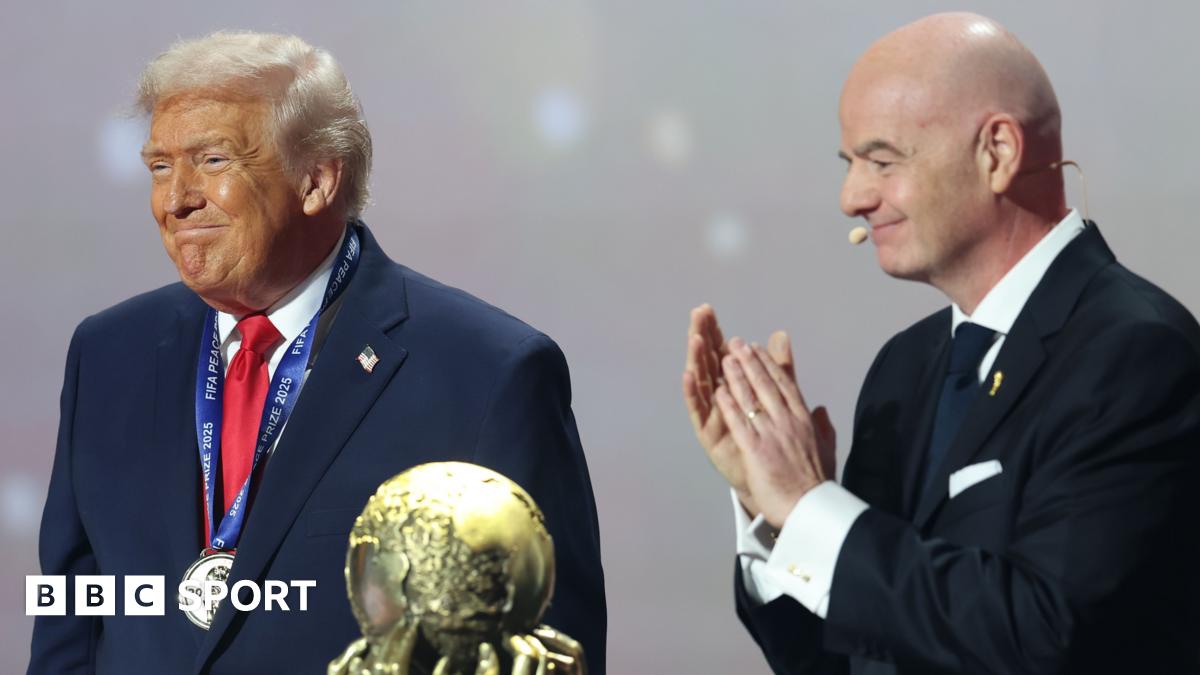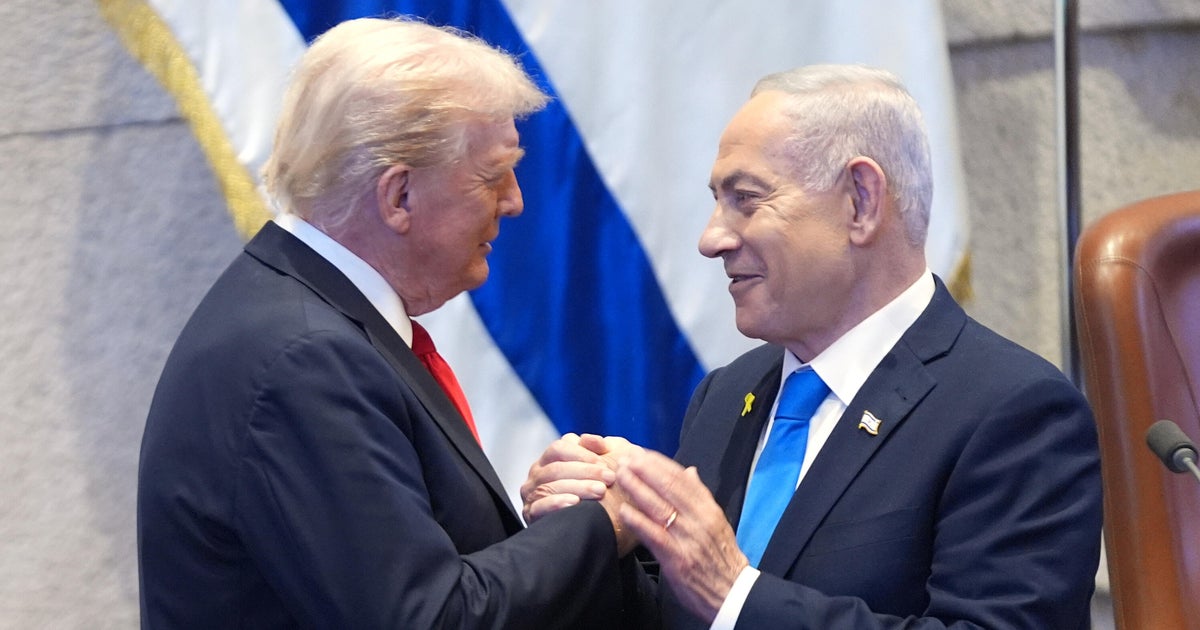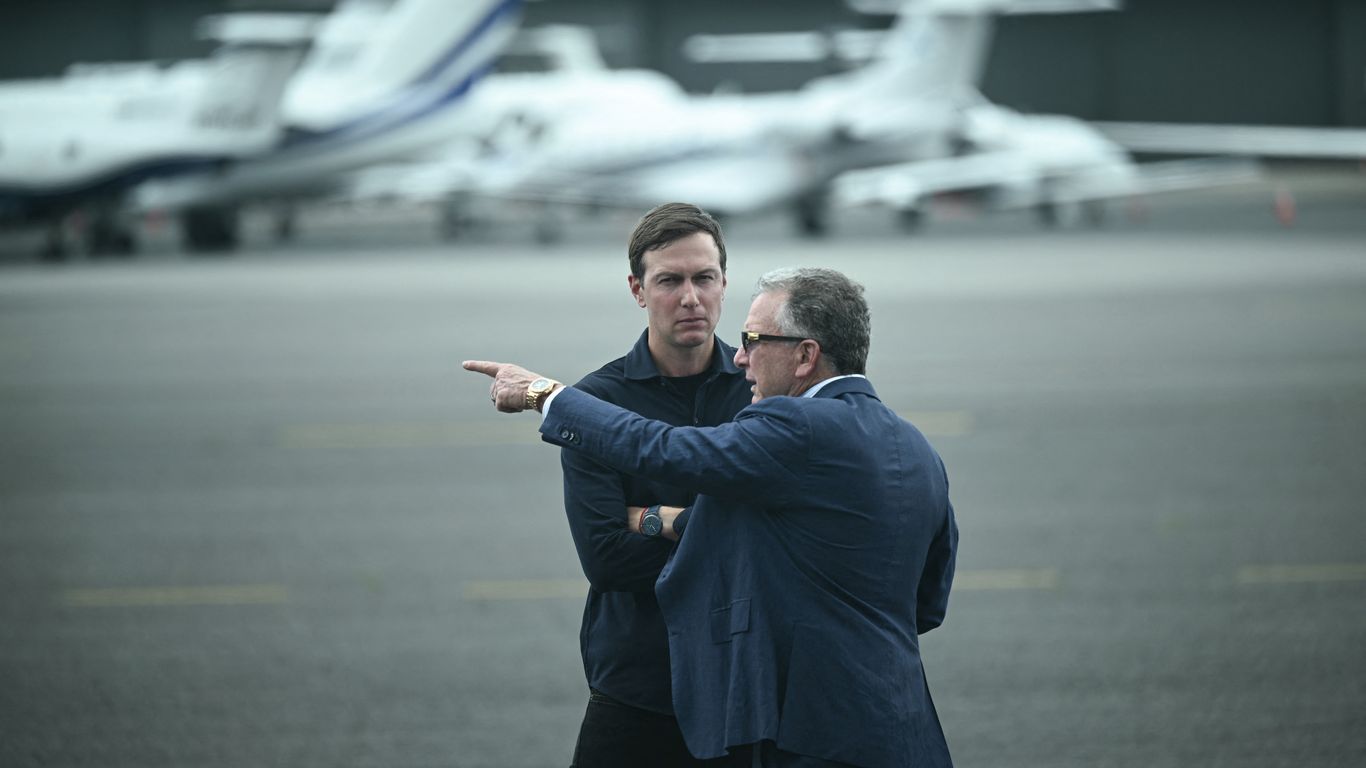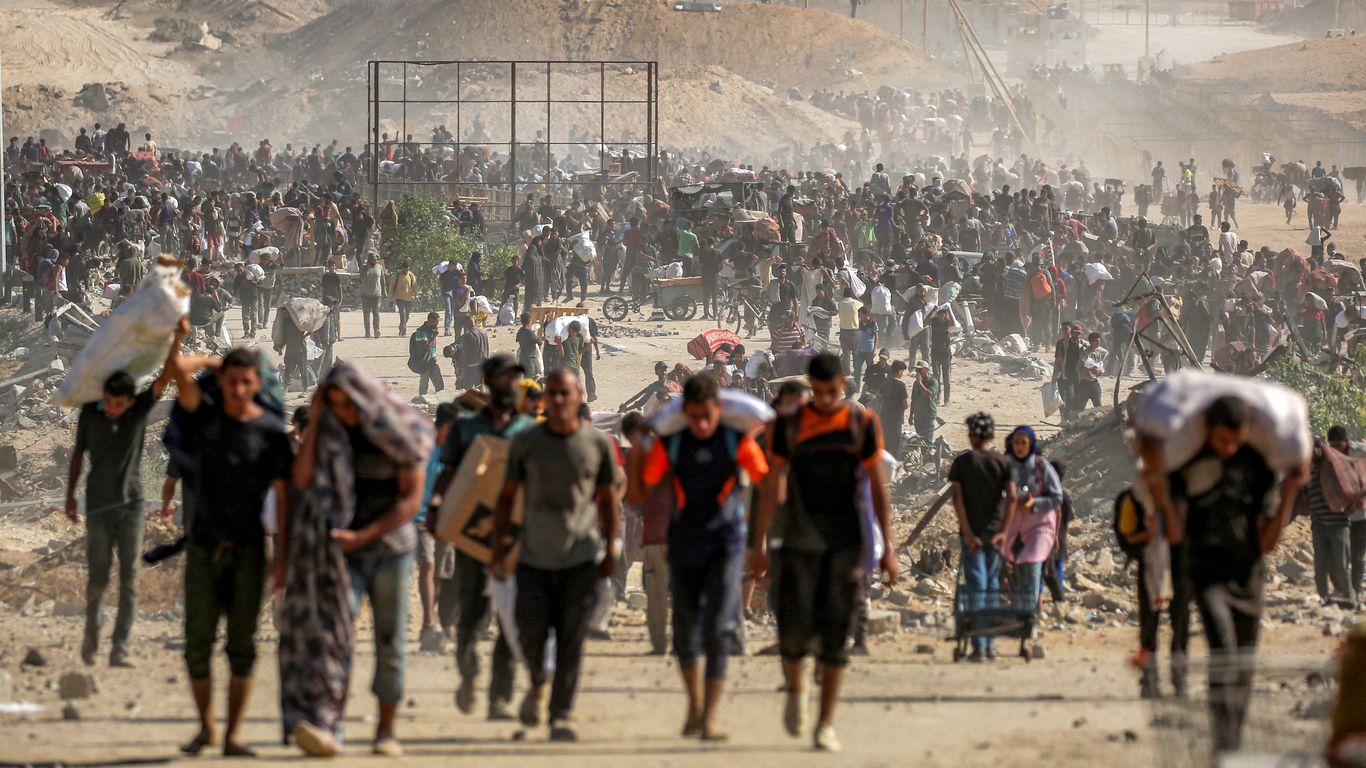Trump's Visit to Israel Opens Door for Peace and Alliance Building

About the People Mentioned
Donald Trump
Donald John Trump, born June 14, 1946, in Queens, New York, is an American businessman, media personality, and politician. He graduated from the University of Pennsylvania’s Wharton School in 1968 with a degree in economics. In 1971, he took over his family’s real estate business, renaming it the Trump Organization, through which he expanded into building and managing skyscrapers, hotels, casinos, and golf courses. Trump gained widespread fame as the host of the reality TV show *The Apprentice* from 2004 to 2015, which helped establish his public persona as a successful entrepreneur. Trump entered politics as a Republican and was elected the 45th president of the United States, serving from 2017 to 2021. His presidency was marked by significant policy actions including tax cuts, deregulation, the appointment of three Supreme Court justices, renegotiation of trade agreements (notably replacing NAFTA with the USMCA), and a focus on immigration control including border wall expansion. He withdrew the U.S. from international agreements such as the Paris Climate Accord and the Iran nuclear deal, and engaged in a trade war with China. His administration’s response to the COVID-19 pandemic was criticized for downplaying the virus’s severity. Trump was impeached twice by the House of Representatives—first in 2019 for abuse of power and obstruction, and again in 2021 for incitement of insurrection—but was acquitted by the Senate both times. After losing the 2020 election to Joe Biden, Trump challenged the results, culminating in the January 6, 2021, Capitol riot. He remains a central figure in American politics, having won the 2024 presidential election and returned as the 47th president in 2025, continuing to promote policies aimed at economic growth, border security, and military strength[1][2][3][4].
About the Organizations Mentioned
Prime Minister
The **Prime Minister** is the head of government in parliamentary systems, primarily responsible for setting government policy, overseeing the operation of government agencies and the Civil Service, and appointing members of the Cabinet and ministers. The Prime Minister leads the executive branch and is the principal government figure in the legislature, often the House of Commons or equivalent, depending on the country[1][2][5]. The role originated in 17th-century France but was formalized in Britain during the 18th century, evolving into a central figure in British and Commonwealth governance. The British model, exemplifying a "strong prime minister" system, has influenced many countries including Canada, Australia, India, and New Zealand[4][5]. The Prime Minister’s power includes controlling the legislative agenda, managing the civil service, determining government structure, and crisis management during national emergencies[1][4]. Key responsibilities include maintaining a parliamentary majority to pass legislation and budgets, chairing Cabinet meetings, setting agendas for Cabinet committees, managing relationships with opposition parties and devolved governments, and representing the government in Parliament and to the monarch or head of state[1][2]. The Prime Minister may also call elections and has significant influence over national policy and economic priorities[4]. Historically, the office has grown from informal leadership to a constitutionally recognized position with broad executive powers, though the extent varies by country. For example, in semi-presidential systems like Lebanon, the Prime Minister shares executive power with a President but must maintain parliamentary support[3]. In Australia, the Prime Minister is chosen by the governing party and must maintain majority support in the House of Representatives[6]. Currently, the UK Prime Minister is The Rt Hon Sir Keir Starmer KCB KC MP, who leads the government with the support of the Cabinet and ministers[2]. The Prime Minister’s role remains pivotal in shaping government direction, policy implementation, and political leadership, making it a critical focus for those interested in business and technology policy impacts globally.
